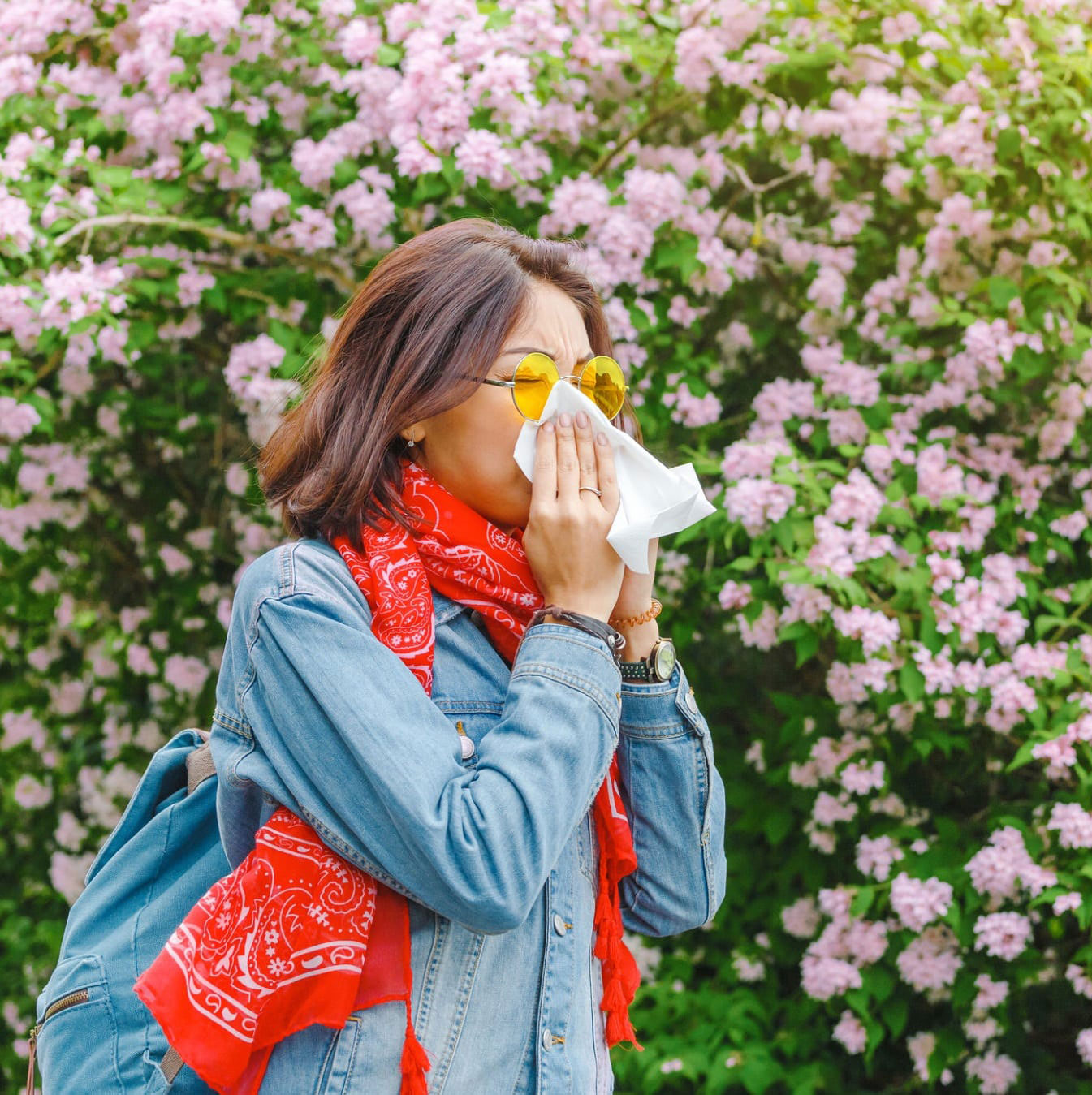Do These 3 Things to Reduce Seasonal Allergy Symptoms

December 01, 2021
If you suffer from seasonal allergies, being outside around this time of year can feel like torture for you. Sneezing, itchy eyes and hives are classic symptoms that can make your time outside very uncomfortable.
While your doctor may suggest that you take medication, for some people, medication may not be enough. Adopting lifestyle habits which limit your exposure to pollen may make it more pleasant to live through allergy season.
“It’s important to take into account what causes your allergy symptoms and do your best to avoid situations where your exposure to that substance is prolonged,” says Mohammad Younus, M.D., an allergy and immunology specialist at Hackensack Meridian Health.
Try these ideas to lessen your seasonal allergy symptoms:
1. Follow the pollen count
You may enjoy getting fresh air, but on dry, windy days, pollen is more prevalent, making it harder to go outside without experiencing annoying allergy symptoms. Before going out, listen to your local forecast to find out how high the pollen count will be at different times of day, and plan accordingly.
If you’re feeling stir crazy, the best time to go out is after a heavy rain, because the downpour helps to wash away pollen.
“As with many things, timing is key,” says Dr. Younus. “Immediately after a storm or heavy rainfall is good, but a few hours later, pollen counts can rise again.”
During allergy season, if someone else in your household can mow the lawn or do yardwork, have them take over so you are spending less prolonged time outside. Otherwise, consider hiring someone during the weeks when your symptoms will be at their worst. If this isn’t an option:
- wear a pollen mask so that you inhale less pollen
- wear sunglasses, to shield your eyes from pollen
- take breaks as needed
2. Keep pollen out of your living space
When pollen counts are high, keep the windows in your house or car shut, and run the air conditioner. Using a HEPA filter can reduce the number of allergens in the air. A dehumidifier may also make it easier to breathe.
Whenever you or your family members spend time outdoors, change your clothes before sitting on the couch, to avoid spreading pollen to the furniture. Even better – shower and wash your hair before changing into clean clothes and especially before you sleep.
You may not want to cuddle with your dog or cat during allergy season, because your pet may pick up pollen when they go outside.
Don’t hang your laundry to dry outdoors during allergy season, because the pollen blowing through the air can cling to your sheets, towels and clothing.
3. Keep symptoms at bay
If you only take allergy medication when your symptoms flare, consider watching the weather reports regularly and taking medicine pre-emptively on days when the pollen forecasts are high. You’ll be less likely to experience symptoms.
When your allergies are bad, consider washing pollen and other allergens out of your nose. Neti pots are available at many pharmacies or online, and you can use one to rinse the inside of your nose.
Talk to your doctor about other over the counter allergy relief aids like eye drops and throat lozenges.
The material provided through HealthU is intended to be used as general information only and should not replace the advice of your physician. Always consult your physician for individual care.
Find a doctor near me
Have Allergies? 6 Signs You Should See a Doctor

Severe allergies? Dr. Halari offers relief. Learn 6 signs you need a doctor & find solutions for better allergy management. Call 800-822-8905.
Can Hay Fever Affect Your Brain?

Hay fever impact on brain function explored. Learn how allergies may affect memory from Dr. Roche. Read more.
